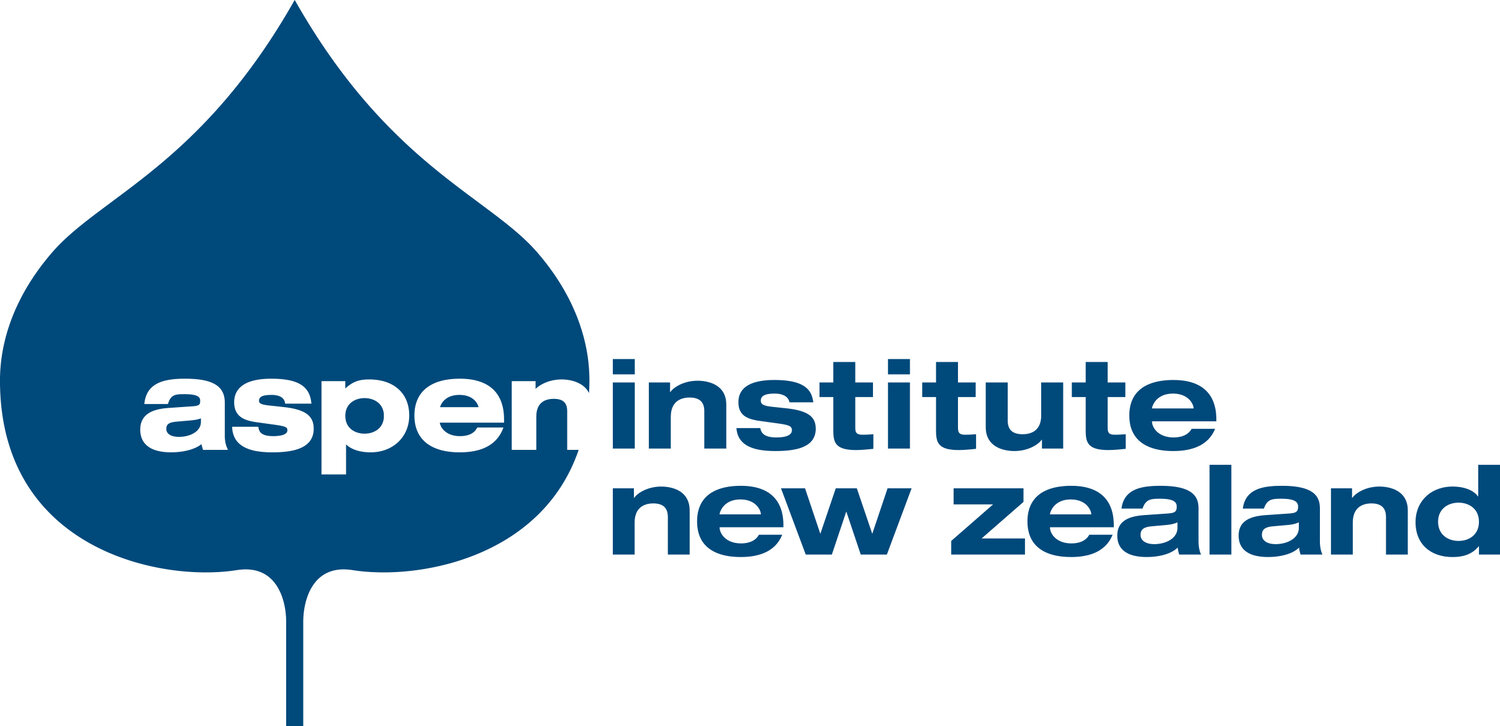How to Restore Public Trust in Science and Medicine
NOVEMBER 9, 2022 • ASPEN IDEAS FESTIVAL
Trust in science has been on the decline since the beginning of the pandemic. According to a 2022 Pew study, nearly a quarter of Americans lack confidence in medical scientists. Just two years ago, that number was 1 in 10.
This distrust in science is inextricable from the lack of public trust in our broader institutions—from media to government. It does not have to be this way. The Aspen Institute brings people from different sectors of society together in dialogue so experts, policymakers, business leaders, and citizens can all play a role to rebuild trust in science.
Dr. Ashish Jha, a physician, health policy researcher, and the current White House COVID-19 Response Coordinator, spoke about this breakdown of trust in science and medicine at this year’s Aspen Ideas Festival. He says few people understand the critical role of science in our daily lives. The scientific process led to the knowledge that proper hand washing and food storage can reduce illnesses and that antibiotics fight infections. These seemingly basic insights have contributed to longer lifespans around the world.
Jha believes the lack of trust in science stems from a fundamental misunderstanding about science itself. Science provides a way of thinking as there is rarely a single solution to any problem. It’s not about the destination.
“Science is a journey.
Science is a process.
Science is how we figure out how the world works”
Dr Ashish Jha
Here are three ways we can rebuild trust in science:
Elevate expert voices
Social media is the primary vehicle for news and information today. While platforms want to ensure anyone has access, moderation is key to curtailing the spread of misinformation. Jha believes social media companies could also do more to elevate the voices of medical and scientific experts who can actively push back against unverified claims that might be harmful to the general public.
Use approachable language
During the pandemic, experts had a difficult time communicating uncertainty. Jha recognizes there is a training gap here. Medical and public health schools must also teach students how to talk to a general audience. People are more receptive to information when it is conveyed in clear, simple terms. Scientists and medical experts should strive to speak plainly without the complicated terminology health professionals use when talking to one another.
Address sources of mistrust
Distrust in science and public health can stem from harmful historical or lived experiences. Jha says one way to build trust, especially among communities of color mistreated by medical institutions, is to diversify the scientific workforce. Scientists must also spend more time in these communities listening to people and working with local partners.
This article is part of the Strengthening Trust series, an Aspen Institute initiative aiming to repair the structures that allow trust to flourish and look for ways to build new ones.
